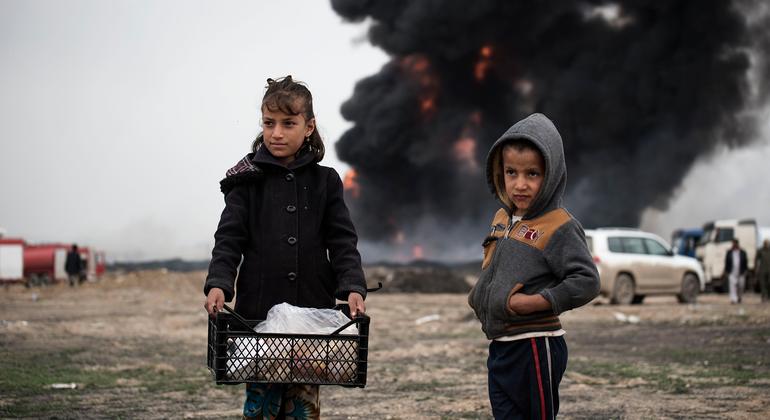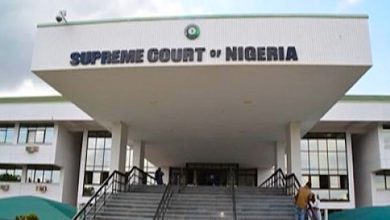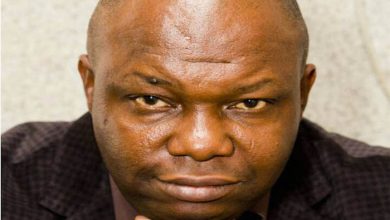Admissible evidence, competent courts, essential to ensuring justice for the victims of ISIL in Iraq

The delegation was briefed by Christian Ritscher, Special Adviser and Head of the UN Investigation Team to promote accountability for these crimes, UNITAD, established five years ago.
The Islamist group declared a self-styled caliphate across parts of Iraq and northern Syria in 2014, before being defeated militarily and forced out of Iraq in December 2017.
Commitment is stronger than ever
Presenting UNITAD’s 10th report, he spoke of progress to date, including supporting the digitization of millions of documents which are in the hands of the Iraqi judiciary.
Researchers have also produced a case study on ISIL’s development and use of chemical weaponss. More details will be outlined during an event at the UN Headquarters in New York on Wednesday, hosted alongside Iraq and India.
“Today, the commitment of the Government of Iraq, in partnership with UNITAD, to continue the fight against impunity, seek justice in the name of victims and survivors – most of them Iraqis – and to face the remaining threat of ISIL, is stronger. than ever,” he said.
The mission is not over
However, the mission is far from over. Mr. Ritscher emphasized that “UNITAD’s mission is not only to establish a record for ISIL’s crimes, but to hold ISIL members who commit such serious international crimes accountablethrough evidence-based trials and before competent courts.”
“International crimes” refers to the serious crimes of war crimes, crimes against humanity and genocide. The UN team is already working closely with Iraqi investigative judges and supporting their investigations, he said.
“On the way, UNITAD is increasing their capabilities and ensuring that Iraqi courts are ready to bring ISIL terrorists to justice for their international crimes, when the time comes,” he added.
Christian Ritscher, Special Adviser and Head of the Investigative Team established pursuant to Security Council resolution 2379 (2017) (UNITAD), convened a Security Council meeting on threats to international peace and security.
Mount of evidence
Mr. Ritscher assured the Committee that there was no evidence that ISIL’s crimes were insufficient, describing the terrorist group as “a large corporate organization that records and maintains a State-like administrative system.”
“What we intend to do is to ensure that this evidence is admissible before any competent court, either in Iraq or in other countries where prosecutions of ISIL members for international crimes are taking place,” he said.
Storage of digital documents
In this regard, UNITAD has been leading a major project to digitize “critical volumes” of ISIL records and battlefield evidence. So far, eight million pages from the delays of the Iraqi and Kurdish authorities that have been digitized.
“I was told by senior Iraqi judges that they response times in relation to case files and requests for information has significantly improvedShow long-term change because of these successful efforts,” he said.
As the next step, UNITAD is Establishment of a central archive that will be a unified repository of all digital evidence against ISIL. The archive will be in the Supreme Judicial Council of Iraq and launched in the coming days.
“This central repository will play an important role in supporting the prosecution of ISIL perpetrators for their international crimes in Iraq. Moreover, it can be an important event to the foundation of the e-justice system in Iraq, which can be supported as a leading example, not only in the region, but also internationally,” he said.
Legal process key
Meanwhile, adopting the appropriate domestic legal framework remains the first challengeMr. Ritscher told the Board.
He emphasized UNITAD’s commitment to support the process of Iraq’s leadership towards the rule of law enabling the country’s courts to prosecute ISIL crimes as international crimes.
He pointed to the recent establishment of a joint working group bringing together the Government, legal and judicial representatives, and key legislators, as important step forward.
“Once we have adopted an appropriate domestic law on international criminal law, the way forward will be clearer. I hope this will happen Sooner rather than later,” he said.
Preparing for future exams
In parallel, UNITAD has begun to contribute to the preparation of future tests.
The group has increased cooperation with colleagues in the Iraqi judiciary, from together write times against specific persons of interest and alleged criminals, primarily those living outside of Iraq.
Investigators are currently supporting some 17 countries, by conducting witness interviews, and providing expert evidence and technical analysis in criminal cases against ISIL members and supporters.







